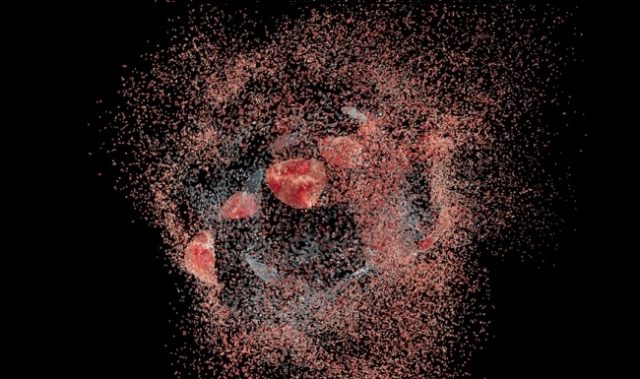
AsianScientist (Oct. 10, 2014) – Trust pathways in the brain are set in infancy and passed on from mother to child, according to landmark University of New South Wales (UNSW)-led research. The work published in PLoS One relates to oxytocin levels in new mothers and proves for the first time that it is linked to their reported disturbance in bonding with their own mothers.
Blood samples taken from women with troubled maternal relationships showed a clear deficit in oxytocin, the trust and bonding hormone, compared with those who reported close childhood ties with their mother. There was an obvious difference in oxytocin readings between the women even two months after their babies were born.
“The immediate postpartum results show that what you experienced from parenting—these formative experiences—are critical in wiring your response to the hormone,” says the first author of the paper, UNSW Professor Valsamma Eapen.
“So we see this dysfunctional, or disrupted relating as an intergenerational cycle and just increasing oxytocin levels with a puffer or spray alone won’t change that,” says UNSW Professor Eapen.
Oxytocin triggers a dopamine reward response in the brain that promotes newborn bonding as a pleasurable activity. In the baby, this bonding sets lifelong oxytocin release pathways that, if compromised, will affect the child’s own future attachment relationships.
This work could be a breakthrough in identifying at-risk mothers and helping them break the cycle, Prof. Eapen believes.
“What we are now developing is attachment-based cognitive behavioural therapy for mums to reframe their own perspectives and attitudes to fix problems that have been pre-programmed,” says Prof. Eapen, who anticipates that this type of therapy could be used either on its own or perhaps in combination with oxytocin.
The article can be found at: Eapen et al. (2014) Separation Anxiety, Attachment and Inter-Personal Representations: Disentangling the Role of Oxytocin in the Perinatal Period.
——–
Source: University of New South Wales.
Disclaimer: This article does not necessarily reflect the views of AsianScientist or its staff.












